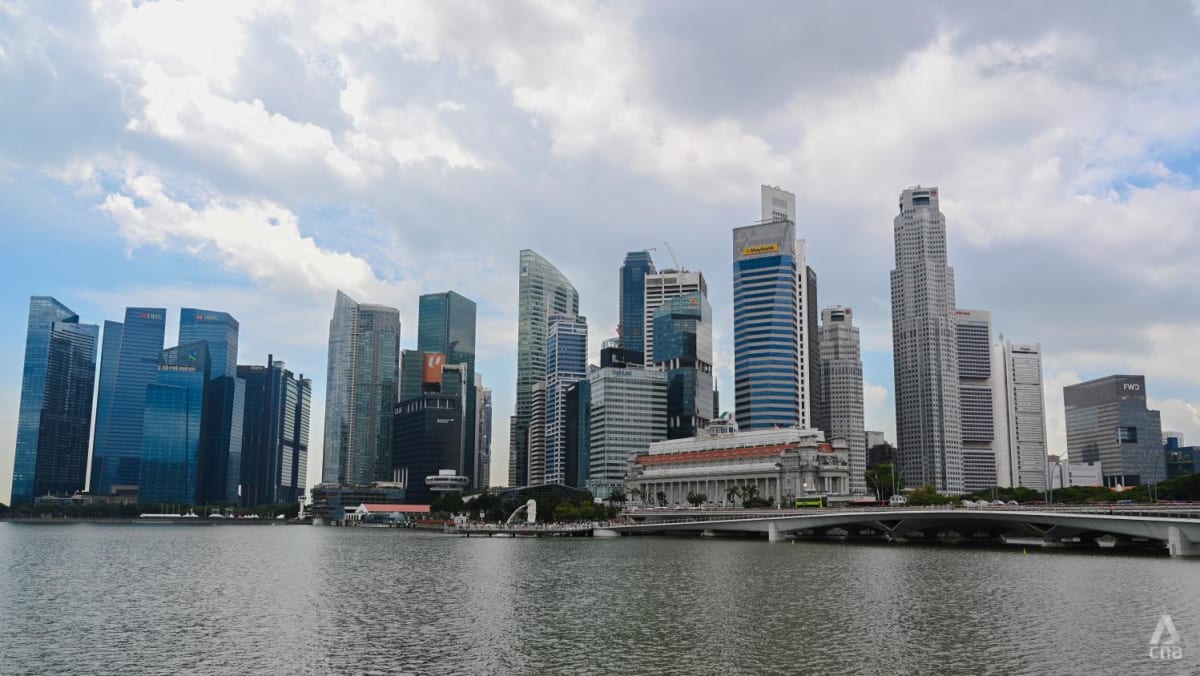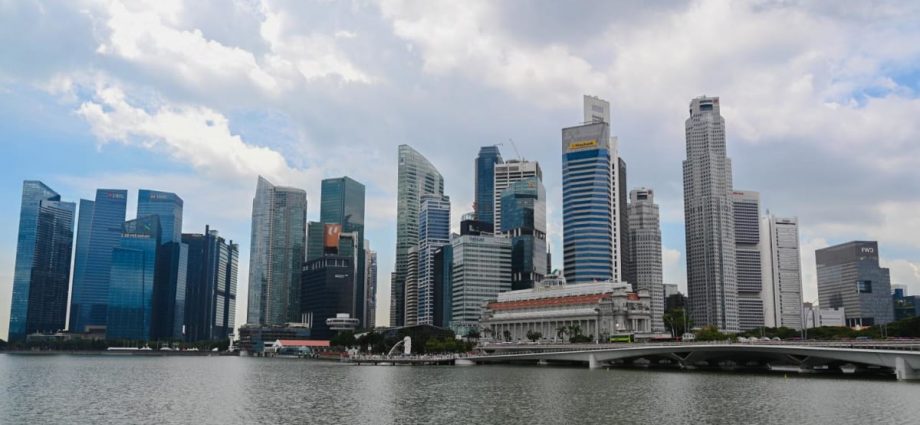
RENEWAL OF RE-ENTRY PERMITS
Changes will also be made to the renewal conditions of these investors’ re-entry permits after the initial five-year period.
Singapore PRs require re-entry permits to travel abroad while retaining their residency status.
Presently, the renewal criteria across the three investment options include hiring a minimum of 10 people with at least half being Singaporeans and ringing up a minimum of S$2 million in business costs.
Under the upcoming changes, those investing in a new or existing business in Singapore will have to hire a minimum of 30 people. Of which, at least half must be Singaporeans and 10 must be new employees.
Those investing in GIP-select funds must maintain their money in these funds.
Lastly, for investors that have set up family offices here, they will need to maintain at least S$50 million in any of the four categories throughout the five years after becoming PRs.
They must also hire five new family office professionals, including at least 3 Singaporeans.
ATTRACT “ONLY TOP-TIER” INVESTORS
The GIP was first introduced in 2004.
The minimum investment sum of S$2.5 million has been in place since January 2011, when it was revised upwards from S$1 million for those putting their money into an approved investment fund or directly in a business in Singapore.
The third option of investing in a new or existing Singapore-based single family office was introduced in March 2020.
The last revision three years ago also added next-generation business owners, founders of fast-growth tech firms and family office principals alongside established business owners as eligible applicants under the programme.
EDB noted that many jurisdictions around the world are “competing to attract high-calibre business owners and owners of capital”.
The latest changes are part of its ongoing review to ensure the programme’s effectiveness in “attracting only top-tier business owners who are interested to drive the growth of their businesses and investments from Singapore”, it added.
“These changes will encourage GIP investors to deploy more funds in the local financial system and generate more jobs for Singaporeans, including in roles such as finance, tax, and legal professionals, as well as fund management,” EDB said in a press release.
The GIP has generated more than S$5.46 billion in total business expenditure via direct investments from 2011 to 2022, and created more than 24,000 jobs in Singapore, said Minister of State for Trade and Industry Low Yen Ling in response to a parliamentary question last week.
Between 2020 and 2022, about 200 people have been granted PR status through the GIP, she added.

